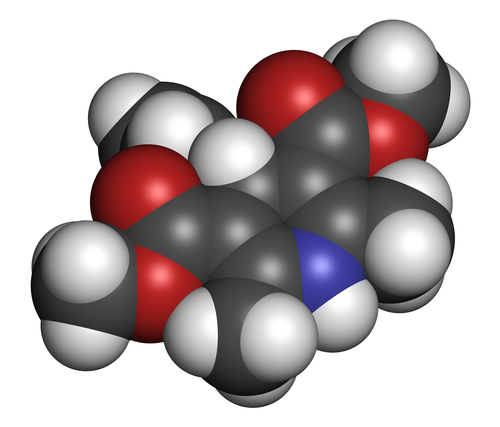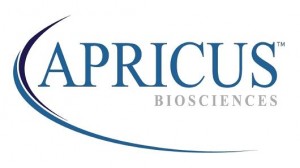Apricus’ Investigational Treatment for Raynaud’s Phenomenon Receives Notice of Allowance of U.S. Patent Application

 The United States Patent and Trademark Office (USPTO) has issued a Notice of Allowance for U.S. Patent Application to RayVa, a product candidate being developed by Apricus Biosciences for the treatment of Raynaud’s phenomenon, including the treatment of the condition secondary to Scleroderma. The Notice of Allowance means that the USPTO is now ready to grant the product a patent, after the payment of the issue fee from the company.
The United States Patent and Trademark Office (USPTO) has issued a Notice of Allowance for U.S. Patent Application to RayVa, a product candidate being developed by Apricus Biosciences for the treatment of Raynaud’s phenomenon, including the treatment of the condition secondary to Scleroderma. The Notice of Allowance means that the USPTO is now ready to grant the product a patent, after the payment of the issue fee from the company.
Apricus Biosciences, which is dedicated to the development of an innovative treatment for Raynaud’s phenomenon secondary to systemic sclerosis, already announced that it is planning on earning the patent over the next few months. When granted, the patent will be valid until 2032. The company expects to be able to offer a therapy for the condition that affects between three and five percent of Americans, most of them women, and for which there is currently no treatment.
RayVa is a combination of alprostadil, a vasodilator, as well as Apricus’ proprietary permeation enhancer, which is administrated as an on-demand topical cream on the affected extremities. Apricus Biosciences is currently enrolling patients to initiate its phase 2a trial. Raynaud’s phenomenon secondary to systemic sclerosis is one of the first symptoms of systemic sclerosis, causing alterations of the skin response to cold or stress, becoming pale, blue, or red.
“The expected issuance of this patent further enhances the strategic and commercial value for the RayVa product as a first-in-class treatment for Raynaud’s phenomenon, which we are pursuing initially as secondary to scleroderma,” said the Chief Executive Officer of Apricus, Richard Pascoe. “Given the chronic nature of this disease, the frequency of attacks that patients experience, no approved treatments, a clear regulatory pathway, and a low cost clinical development program, RayVa represents a significant advancement of our platform for the benefit of Raynaud’s patients with an attractive return on investment for our shareholders.”
Given the lack of approved treatments for secondary Raynaud’s phenomenon and its unmet medical need, the U.S. Food and Drug Administration had already cleared RayVa as Investigational New Drug (IND), which allowed Apricus to start their clinical trials and indicated it as possibly to be qualified for a priority review. The FDA will now have to decide if RayVa’s New Drug Application is in fact qualified for priority review after its submission, which the company expects to do in 2017.






